‘One needs to be supportive’: Mani on being called ‘Zan Mureed’ for supporting wife Hira Mani
In a candid conversation with Ahmad Ali Butt on his podcast Excuse Me with Ahmad Ali Butt, actor and producer Salman Saqib — popularly known as Mani — opened up about the often harsh criticism he faces for supporting his wife, Hira Mani, in her career.
During the interview, Butt praised Mani for backing Hira during the early stages of her career, a time when many in Pakistani society discouraged women from stepping into showbiz.
Recalling how he was at the peak of his own career when Hira transitioned from hosting to acting, he boldly remarked, “You have made your wife.”
He added, “Yes, she had talent. That’s why she gained prominence. But the support you gave her… we live in a society where we don’t let women go out. And because of this support, you have been trolled a lot, and a lot of people have criticised you.”
In response, Mani said that while such statements once stung, he and Hira have moved past them. He did not confess to having “made his wife” but he did address the label often thrown his way — “zan mureed” (a man subservient to his wife), for supporting his partner.
“People often call me “zan mureed” but one needs to be supportive. If I had a daughter, I would want her to be a swimmer and an athlete. I would want her to stand on her own two feet, to work,” he said.
Mani explained that the support he extended to Hira was not just because she was his wife but because he believed in women’s right to pursue their ambitions. “Even if Hira wasn’t my wife, if it was someone else, I would’ve been the same way. If this other woman had any kind of talent, I would let her pursue it. So that tomorrow she doesn’t turn around and say she didn’t become something because I didn’t let her.”
He criticised the rigid family systems often glorified in this part of the world. “We force this khandani system down everyone’s throat,” Mani said. “This system with our paramparas (traditions), it’s all dictated. Maybe this has always been a subcontinental problem, an India-Pakistan problem. And doing the opposite does not mean we have been westernised.”
Mani credited his progressive mindset to his father, who was also an actor and encouraged his daughter to work. “We don’t want this chain to break whether this talent is passed through the women or the men of our family,” he stressed, adding that he would be equally proud if his wife’s sister or another relative achieved the same success.
Butt pointed out how rare it is to truly enjoy another person’s success, to which Mani wholeheartedly agreed. Speaking about Hira, he said, “Hira has proved with her acting… She must’ve faced a lot of backfires, yet, she stands back up again. We have all seen so many ups and downs.”
The two also touched on the challenges working women face in balancing their professional and personal lives. Mani offered a glimpse into the reality behind the glamour, praising Hira’s resilience. “You have been on drama sets; you know how we shoot, so many hours in a day. It’s such a painful experience. Yet, when Hira comes home, and kids start begging her for handmade meals, be it parathas or daal, she makes them.”
The actor went on to advocate for a broader cultural shift, one where women’s dreams are respected and supported, not ridiculed. “I feel this way for all girls,” he shared.






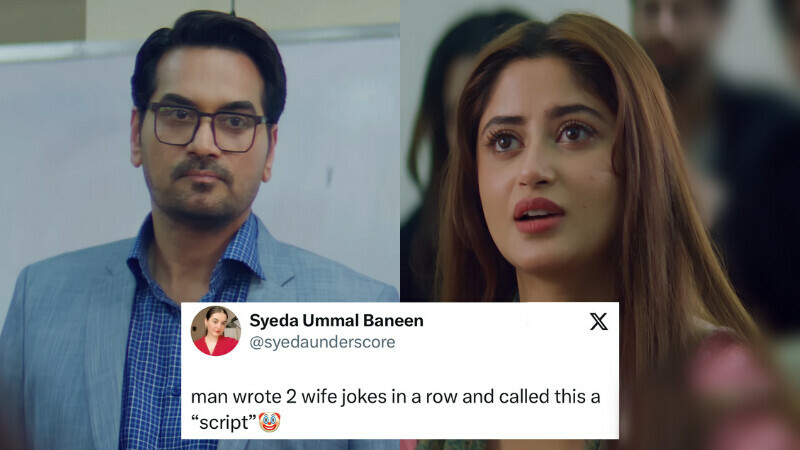

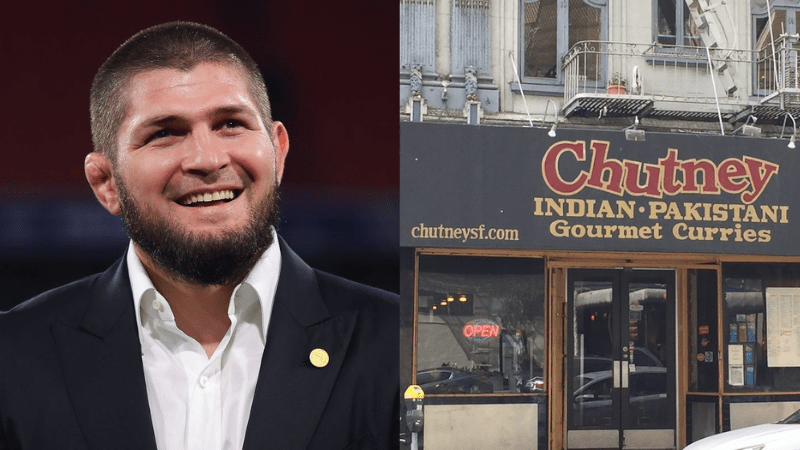
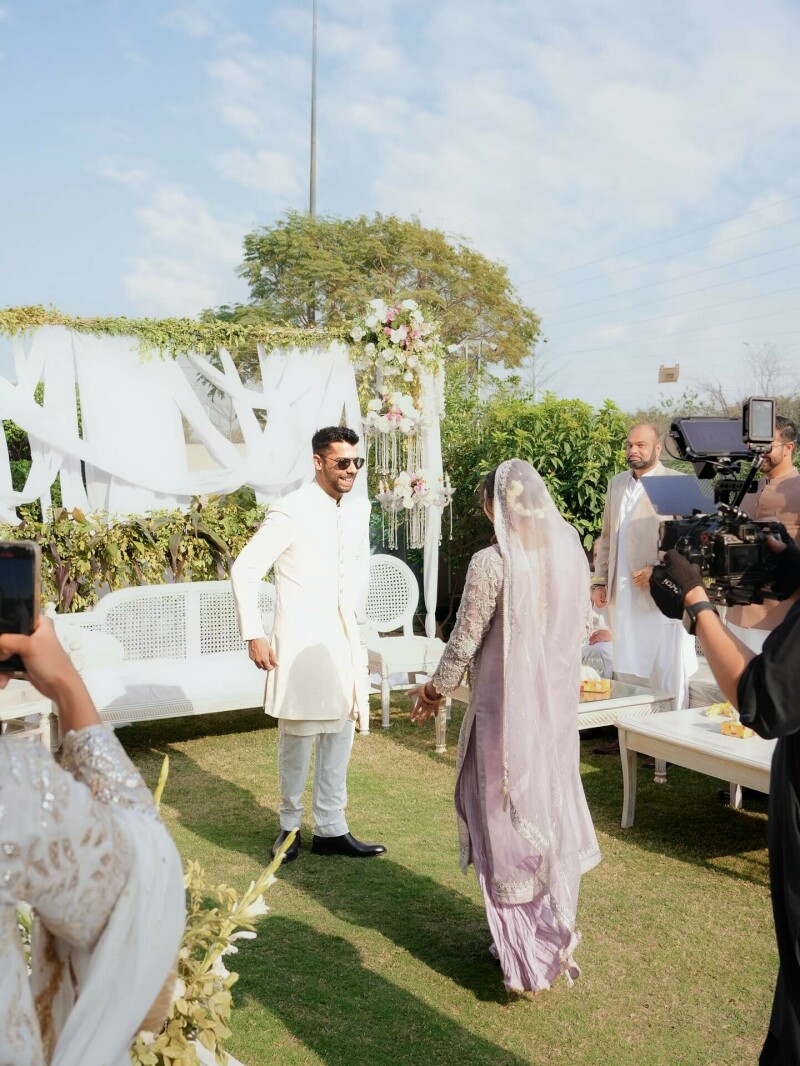
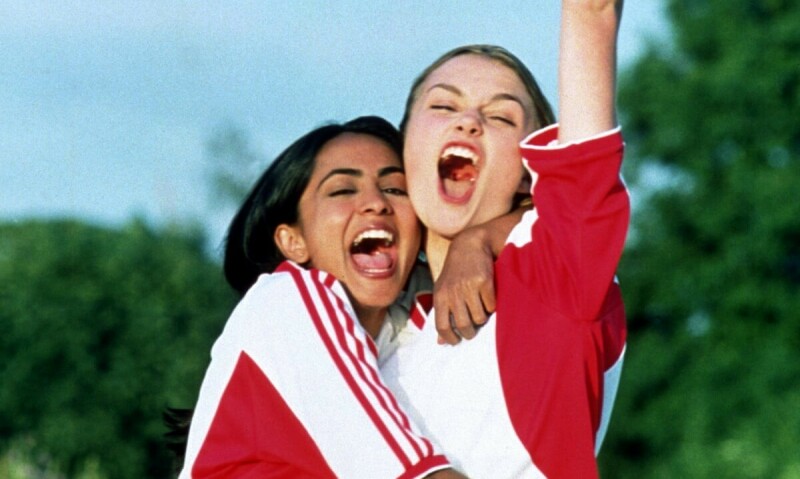

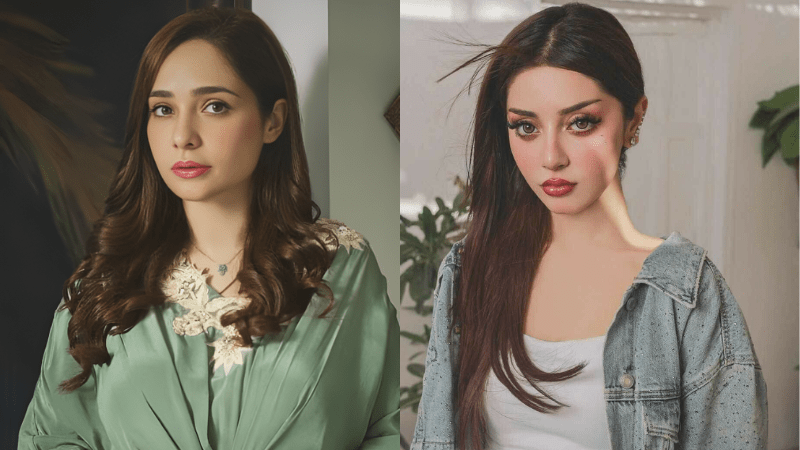
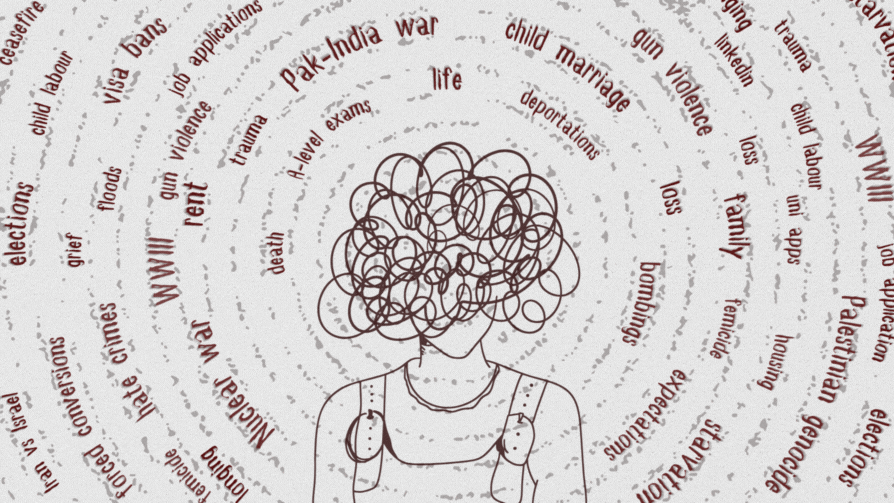

Comments